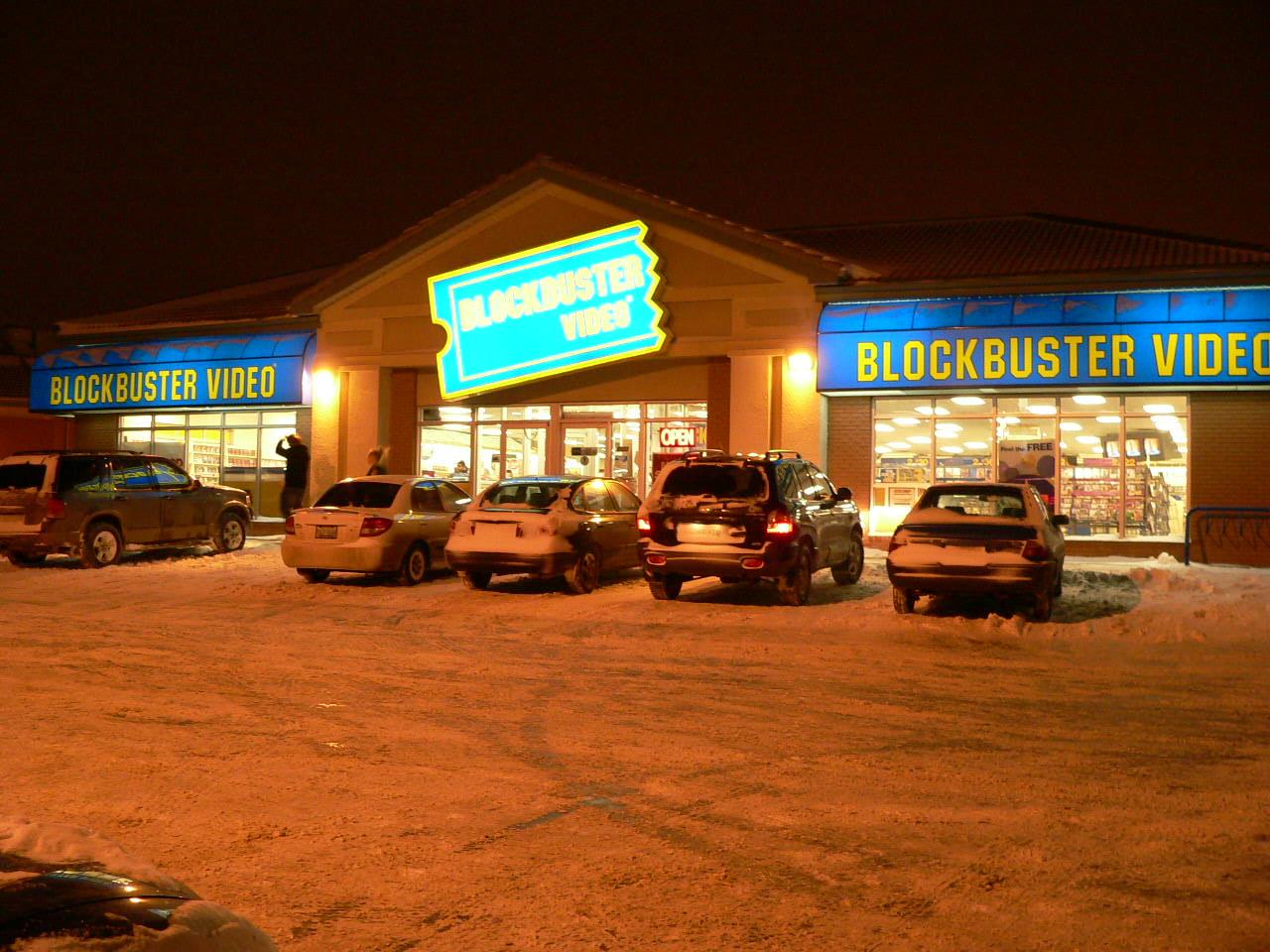During the last seven months, I’ve taken some mighty big steps backward—and I’m none too happy about it. In early August 2005, I started using Vonage voice over IP (VoIP) service, putting a tethered phone back in the house. More than two years earlier, I pulled the landline, and we became an all-mobile family. Three cell phones.
But following carrier consolidation, I no longer could affordably purchase enough minutes for work and home needs; hence, the VoIP service. I would have expected service providers to encourage people to go only-cellular. But, NO-o-o-o.











